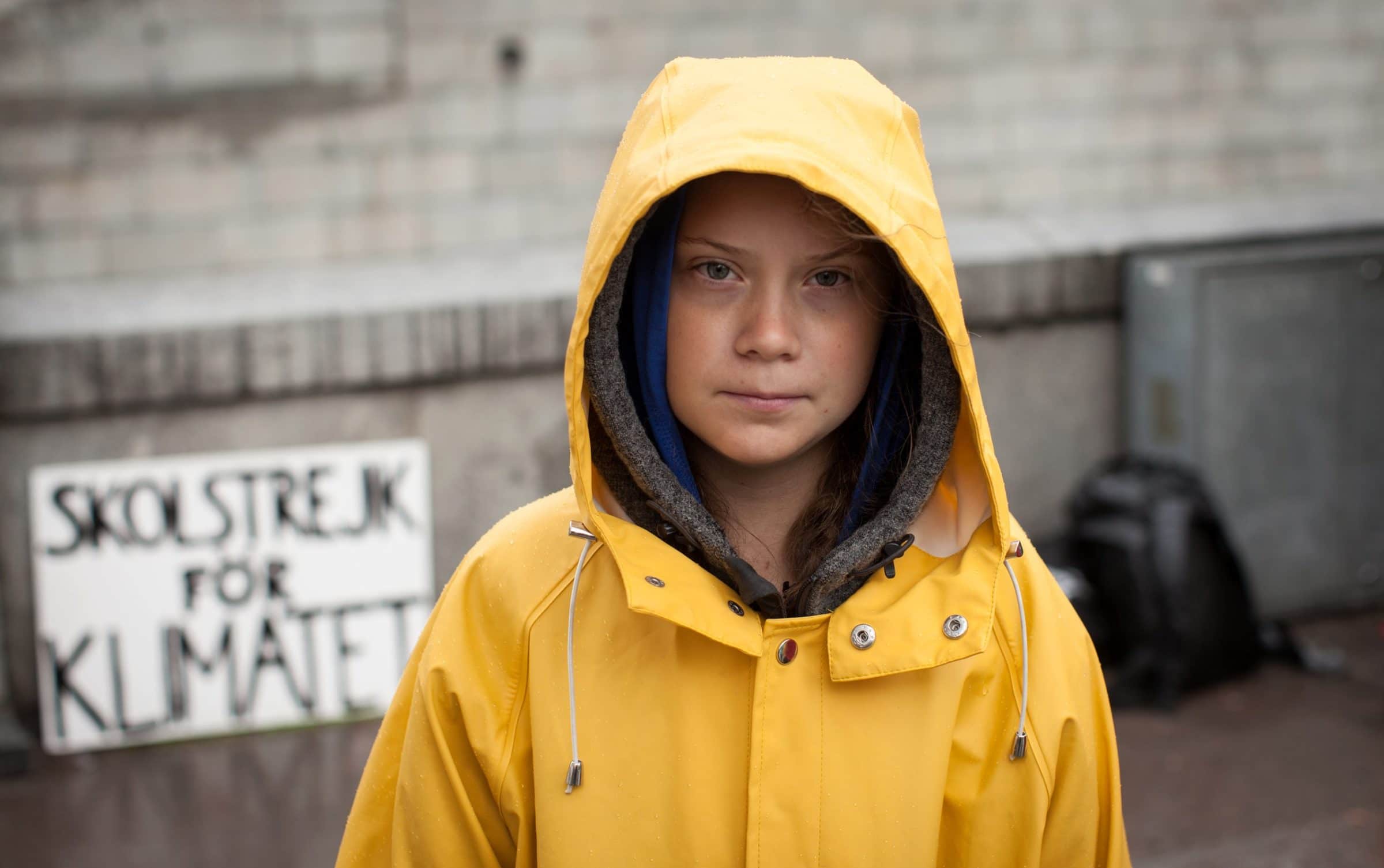May 15, 2019
What environmental communications specialists can learn from Greta Thunberg
Written by: Charlotte Gilmour, Director of Environment & Sustainability PR
In November 2018, Greta Thunberg took to the stage at TED Talks in Sweden to speak out about the climate crisis. Diagnosed with Asperger syndrome, obsessive-compulsive disorder and selective mutism, Greta only talks when she needs to and declared on stage that “now is one of those moments” that she feels compelled to speak. To her, “almost everything is black or white” and to address climate crisis, we simply need to stop emitting CO2.
Greta had already begun gaining public attention for skipping school to protest against the climate crisis outside the Stockholm Parliament. Less than six months later, her “Fridays for Future” protests were attended by 1.4 million students worldwide, calling for action against climate change to avoid an existential crisis. Greta has since been nominated by three Norwegian MPs for the Nobel Peace Prize for her activism.
In the last six months, Greta has featured in hundreds of media outlets globally, attracted nearly 600k followers on Twitter and Facebook, and 1.4 million on Instagram, and spoken in front of the British and European parliaments, and the World Economic Forum.
Many environmental communications campaigns seek to raise awareness of an issue or change consumer behavior. But rarely do campaigns garner as much attention as Greta. What is it about Greta Thunberg that made the world listen?
Here’s what environmental communications professionals can learn from her:
- A clear call to action incites action. Greta’s message is, in her words, “black and white.” If we are to stop the climate crisis getting worse we need to stop emitting carbon dioxide. This clarity is something that people worldwide can understand and rally behind.
- Simplicity is everything. Greta uses short, direct and emotive statements. Greta does not mince her words – for example, she intentionally says “climate crisis” and not “climate change.” Other examples of her direct, thought-provoking language are below:
- “Our house is on fire”
- “I don’t want your hope. I want you to panic and act.”
- Our future was stolen from us every time you said that “the sky was the limit”, and that
“you only live once”.
- Authenticity is essential. Greta has no corporate agenda and she doesn’t have to answer to shareholders. Her activism is authentic and mirrored by her personal actions. For example, she protests, she doesn’t eat meat, she doesn’t buy anything unless it’s absolutely necessary, she doesn’t fly, her home is solar powered, she only travels by bike or electric car, etc.
- She embodies the next generation. It’s rare to have a sixteen-year-old being the face of a campaign. Greta has become not just an advocate but a voice for a whole generation that will be impacted by the climate crisis. Hearing from those most affected first-hand is powerful.
- She’s unique. Those traits unique to Greta – her Asperger syndrome, obsessive-compulsive disorder and selective mutism – make her actions and words all the more compelling. Having a voice that speaks only when there is something worth saying, makes the world sit up and take notice.
What else have you learned from watching the world finally take notice of the climate crisis because of the actions of Greta?


